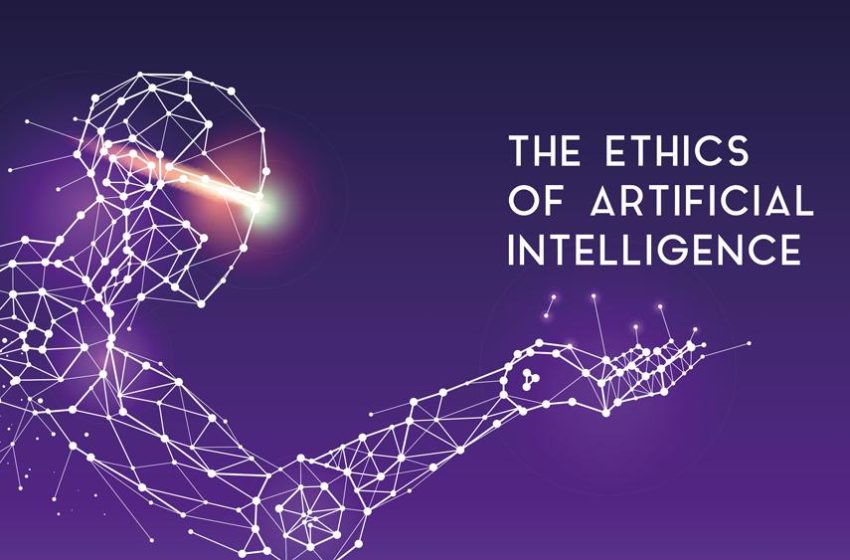The Ethics of Artificial Intelligence: Navigating the Future of AI

Artificial intelligence (AI) is changing the way we live and work. It is transforming businesses, healthcare, education, and entertainment, and it has the potential to solve some of the world’s biggest problems. However, with great power comes great responsibility. As AI continues to evolve, we must consider the ethical implications of its development and use.
The concept of ethics in AI is multifaceted. It involves the creation and implementation of AI with moral considerations in mind, as well as ensuring that AI operates in an ethical and fair manner. We must examine AI from different perspectives, including privacy, bias, accountability, and transparency, to ensure that it serves the common good rather than being used for nefarious purposes.
One of the primary ethical concerns surrounding AI is privacy. As AI collects vast amounts of data about individuals, the potential for misuse arises. AI must be designed with privacy in mind, and data must be collected and stored responsibly. The information collected should be used solely for the purposes for which it was intended and not shared without consent.
Another key ethical consideration when developing AI is bias. Humans programmers imbue their own biases consciously or unconsciously onto the programming of the AI. This can lead to discrimination against certain groups or individuals. Developers must be aware of this inherent bias and actively work to mitigate it during the development and implementation of AI.
Accountability is another important ethical dimension of AI development. As AI assumes increasingly complex tasks, it can be difficult for humans to understand how it arrived at a particular conclusion or decision. There must be transparency in AI development, where the algorithms are documented and subject to review. The creators of the AI must be held accountable for their actions and decisions.
Finally, transparency is a critical aspect of ethical AI. AI systems use their own language and processes that are invisible to us. Therefore, the need for transparency in AI is vital. We must know how AI has interpreted data and arrived at its decisions. Creating ethical AI means ensuring transparency in the algorithms and data that it uses.
In conclusion, as the development of AI continues, ethical concerns must be at the forefront of our minds. It’s our collective responsibility to ensure that AI is used for the greater good. AI must be designed with privacy and security in mind, free from biases, transparent, and accountable. By addressing these ethical concerns, we can navigate the future of AI with confidence and ensure its benefits for everyone, while mitigating its potential harms.






